Existing Technologies that Could Change the Future
During the 20th century,
technological advances progressed exponentially faster than at any other
time in history. It has gotten to the point where we can no longer
follow each and every update and potentially-ground-breaking technology,
and some of these very important technologies sometimes fall between
the cracks.
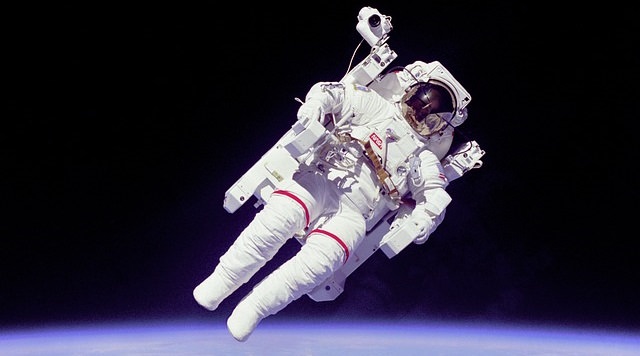 |
|
Digital currency is a
form of currency or medium of exchange that is electronically created
and stored (i.e., distinct from physical, such as banknotes and coins).
Some digital currencies, such as Bitcoin, are cryptocurrencies. Like
traditional money these currencies may be used to buy physical goods and
services but could also be restricted to certain communities such as
for example for use inside an on-line game or social network. (Wikipedia)
|
|
 |
|
Concentrated Solar Power systems
use mirrors or lenses to concentrate a large area of sunlight onto a
small area. Electrical power is produced when the concentrated light is
converted to heat, which drives a heat engine (usually a steam turbine)
connected to an electrical power generator or powers a thermochemical
reaction. CSP growth is expected to continue at a fast pace. As of
January 2014, Spain had a total capacity of 2,204 MW making this country
the world leader in CSP. Interest is also notable in North Africa and
the Middle East, as well as India and China. (Wikipedia)
|
|
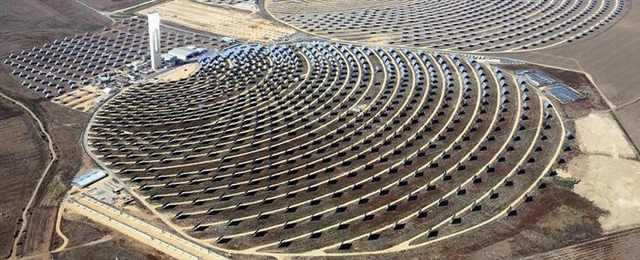 |
|
A Biofuel is
produced by converting plants or organic waste into a fuel. From used
deep-fryer oil, to methane produced from animal waste, biofuel can be a
solid (wood), liquid (oil) or in gas form (methane). Biofuels have
increased in popularity because of rising oil prices and the need for
energy security. (Wikipedia)
|
 |
DNA Sequencing is
the process of determining the precise order of nucleotides within a DNA
molecule. It includes any method or technology that is used to
determine the order of the four bases—adenine, guanine, cytosine, and
thymine—in a strand of DNA. The advent of rapid DNA sequencing methods
has greatly accelerated biological and medical research and discovery.
It is expected that once DNA sequencing becomes cheap and wide-spread
enough, it could be used to develop medicine that is designed to treat
an individual’s diseases, improving the effectiveness of the cure, as
well as minimizing side-effects. (Wikipedia)
|
|
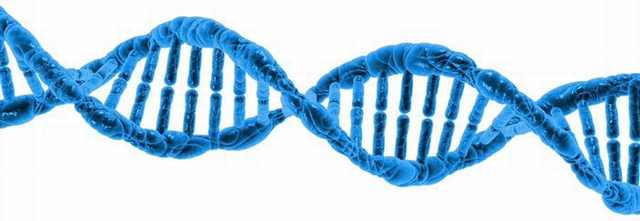 |
|
Gene Therapy is the
use of DNA as a drug to treat disease by delivering therapeutic DNA into
a patient's cells. The most common form of gene therapy involves using
DNA that encodes a functional, therapeutic gene to replace a mutated
gene. Other forms involve directly correcting a mutation, or using DNA
that encodes a therapeutic protein drug (rather than a natural human
gene) to provide treatment. (Wikipedia)
|
|
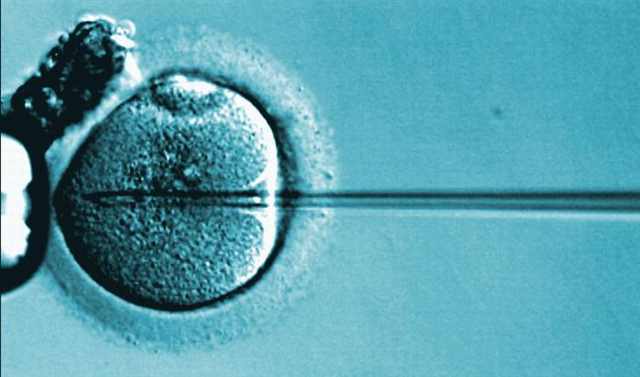 |
|
Organic Electronics
is a field of material science concerning the design, creation and
application of organic molecules or polymers that show desirable
electronic properties such as conductivity. One of the benefits of
organic electronics is their low cost compared to traditional inorganic
electronics. (Wikipedia)
|
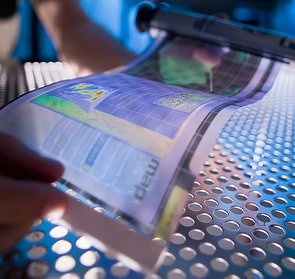 |
| Traditionally, circuits are constructed with capacitors, resistors, and inductors. In 1971 Leon Chua theorized that there could be a fourth component - the Memristor. Unlike a resistor, it can "remember" charges even after power is lost. This would allow the memristor to store information. In 2008, Hewlett Packard created a working memsistor will become available by the end of 2014. | 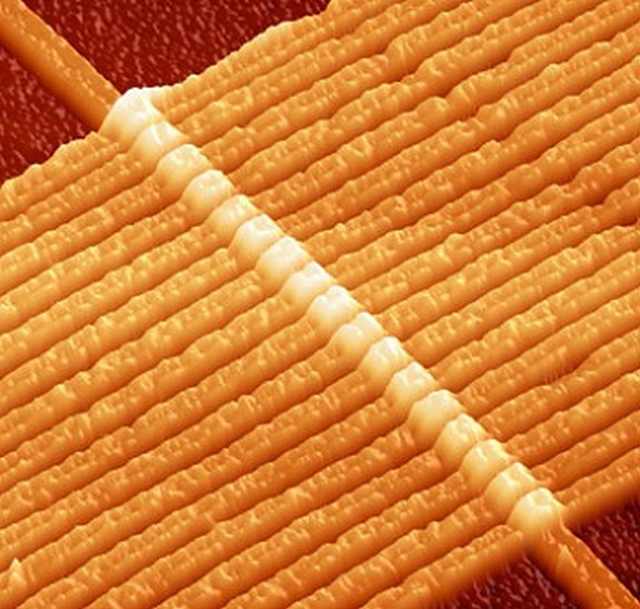 |
| Swarm Robotics is a
new approach to the coordination of multirobot systems which consist of
large numbers of mostly simple physical robots. It is supposed that a
desired collective behavior emerges from the interactions between the
robots and interactions of robots with the environment. This approach
emerged on the field of artificial swarm intelligence, as well as the
biological studies of insects, ants and other fields in nature, where
swarm behavior occurs. (Wikipedia) |
|
jeudi 11 septembre 2014
Existing Technologies that Could Change the Future
Inscription à :
Publier les commentaires (Atom)
Aucun commentaire:
Enregistrer un commentaire